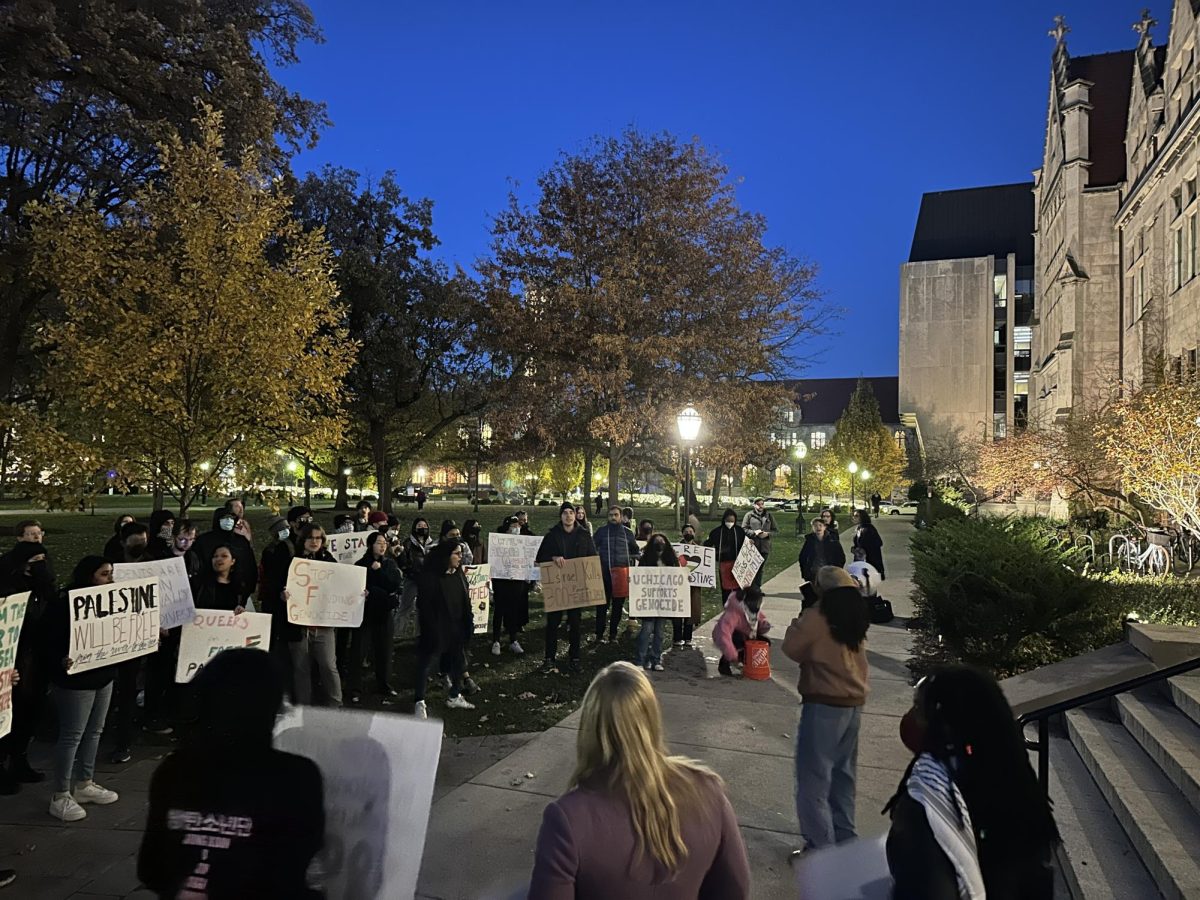Soon, very soon, the administration will form a committee that will address the possibility of opening a student diversity center. Most of us, particularly those of us who identify themselves as minority students, will breathe a sigh of relief: Finally, this school is going to do something about the terrible disservice it does to its brown-skinned students by not supporting them!
Thrilling as this is, I am filled with dread. I have a sense of what the coming conversation is going to look like, and I have a suspicion that if we are ten years away from a new performing/fine arts facility (which is at least marked on the Provost’s new master plan), it’s going to be at least double that length of time before we get a diversity center. Why? Because we’re about to set up a committee to discuss it. To understand my dread, it’s important to have a clear sense of what administrative committees mean for student concerns.
This University’s administration is remarkably decentralized. If you’ve ever had to deal with them you’ll know what I mean; if not, consider yourself lucky. It’s downright Kafka-esque. The administration building itself is difficult to navigate for first time visitors. On the whole it’s a faceless building, one that reflects the impenetrability of the administration machine and the networks of hierarchies and responsibilities that are dispersed over several different office branches.
There are serious and problematic consequences of this decentralization. The most severe, of course, is that it is nearly impossible for a student to have a direct, sustainable impact on the higher administrative powers including the President, the Provost, and the trustees. Any problems that students have get mediated and diffused through a chain of middlemen. There’s nothing inherently bad about these middlemen; however, as a fourth year undergrad I’ve come to realize that the most important quality of a middleman is the power of negotiation. Negotiation means pacification, translation, and sublimation. Ultimately, negotiation presents a potential lose-lose situation. It’s a loss for the students, who don’t feel that their concerns are adequately addressed. It’s a loss for the administration, which fails in its mission to be part of the operating mechanism responsible for the production of knowledge by fostering the best possible environment for its students to learn and grow.
Almost any time there is a complaint made against the University by a member of the student body, the University will put things in gear to address the issue at hand. What does this mean? It means committees, councils, talking groups, informal discussions, lunches, and formal presentations. In short, extended processes of hemming and hawing, buck-passing, and deliberation. Middlemen come to the fore and lead discussions. Often, the students who were the vanguards of the organizing principles of the issue (examples include health care, food service, and diversity) are the first ones to be invited to the committees. I sit on the Provost Initiative for Minority Issues Subcommittee on Community Relations, presumably chosen because I was identified as a student who was particularly disturbed by the historically defective relationship between the University and its surrounding neighborhoods. I wish I could say that the time I’ve served on this initiative committee has been rewarding. I can say only this: when sitting in a room with people like Michele Obama (the executive director of community affairs at University hospitals), and Larry Arbeiter (the director of University Communications), I’ve felt simultaneously privileged and ineffective.
Why ineffective? Because fundamentally, change happens through action, not rhetoric. Sitting on these kinds of committees takes valuable time away from working on action plans. All too often, they end up being cathartic ends in themselves: a room of folks lunching on sandwiches and drinking Diet Coke or Evian, congratulating themselves on their progressive thinking. I’m not condemning the folks. I’m just pointing out that these lunch dates don’t get the job done.
Eventually, the systems of committees have a whole mass of disjointed information. My sense is that the highly acclaimed Provost Initiative on Minority Issues is now wallowing in the excrement of information it generated over the last two years. Where’s the accountability that we were promised at the beginning of these talks? Where is the timeline that marks out definable goals and dates for change?
If there is to be a committee tackling the project of creating a diversity center, let it be the fundraising committee: let the conversation revolve around logistical issues, not philosophical ones. We need to make calls to University donors and solicit them for funding. The conversation must be: where, when, and how.









